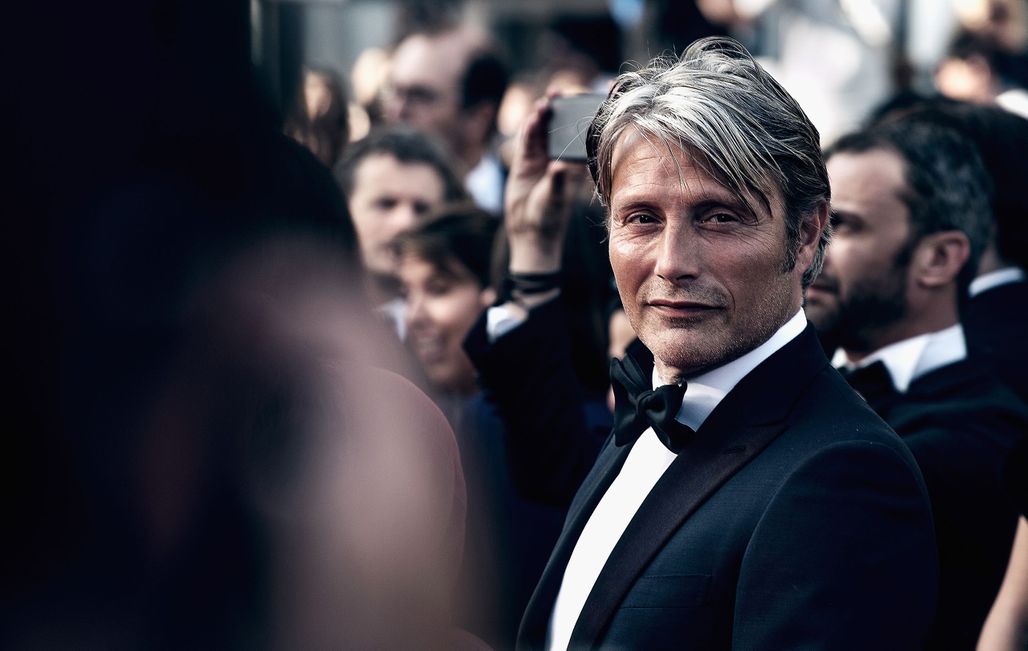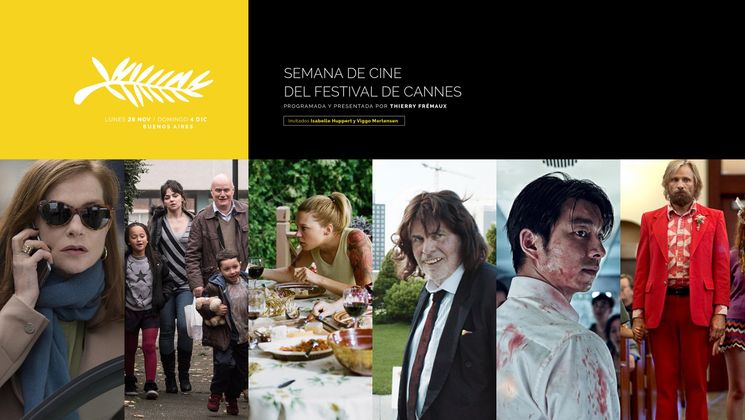
Interview with Mads Mikkelsen, member of the Feature Films Jury

Ever-surprising, he's rarely where you would expect. Thought of as a disciple of independent films, he then played the baddie in Casino Royale (2006). In 2012, he won the Award for Best Actor at Festival de Cannes for his role as a teacher wrongly accused of paedophilia in Jagten (The Hunt) by Thomas Vinterberg. In 2013, he brought Michael Kolhlaas, by Arnaud des Pallières and set in the 16th century, to life. In 2016, the Danish actor Mads Mikkelsen has donned his tuxedo as a member of the Feature Films Jury.
How do you approach your role as a member of the Feature Films Jury?
I'm very honoured, as it's one thing to be in Competition and another thing completely to be a part of the Jury… I am one of the nine voters to voice an opinion. We try to listen to one another and say what we have to say, and we have a very good time. They're endearing, funny, and warm.
Of course, we have our disagreements, but that's good: it's the best kind of Jury! And it's the first time I've seen all of the films in Competition. And that's fantastic.
You often play bad guys. Do you have a baddie's perspective on the films in the Selection?
I try to stay very neutral, to have a viewer's perspective rather than an actor's. I don't read anything about the films in advance; I don't even know if they're French, German, or Korean. I sit down in the room and try to take a fresh look and forget I'm a professional. It's impossible, obviously, but I try.
What type of cinema excites you?
I like all styles of film: traditional, old, realistic… In fact, so long as the director has subject matter and the film delivers emotions, I love it.
Do you have a different way of acting depending on whether you're playing a role in Danish, English, or even in Russian or French?
I try not to be different. I'm playing a character but there's always a part of me in that character. And if we come away from my language, the part of myself is inevitably reduced. I try to inject honesty and make my acting credible irrespective of the language I'm acting in. Actually, it's the genre of film which guides my acting more.
The scene in the church in Jagten (The Hunt) by Thomas Vinterberg was particularly memorable. How did you prepare for that scene?
It had been a very long day as we had been filming for ten hours straight. We knew that that scene was a turning point in the film, an emotional choice, and that something had to happen in the church. But we didn't know exactly which direction we were headed in. The moment was well-chosen as they had deliberately isolated me and I hadn't seen the other actors for fifteen days, and so I was very demoralised.
I saw them there, in the church, the little girl came in, the Christmas choir started up, and everything suddenly became terribly sad when I sat down in the church. Then we rehearsed and found other ideas, and we were exhausted. So in a way, the emotions came on their own, even if Thomas Vinterberg objectively wrote a fantastic scene.
Can you share any anecdotes about Festival de Cannes?
In 1998, Nicolas Winding Refn and I came to Cannes for the first time. We presented a film at the Marché and no one was interested. We were even wearing winter clothes as we thought Cannes was in the mountains. It was very hard on us! 18 years later, and he is in Competition and I'm a member of the Jury. For me, it's been a long and wonderful adventure. There's really a special atmosphere at Cannes that's unique.

